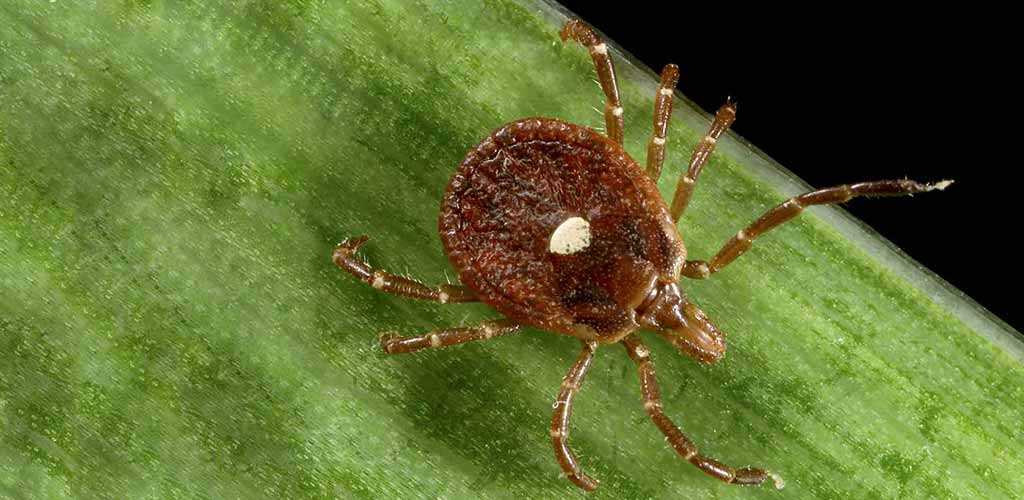Tick Induced Red Meat Allergy
The Lone Star tick has been crawling through the woods of the southeastern United States since it was first discovered in 1754. However it was only recently discovered that a bite from the Lone Star Tick could cause a red meat allergy called Alpha-Gal syndrome.
Red Meat Allergy History
Victims of Alpha-Gal syndrome usually do not encounter symptoms until after eating red meat. The symptoms include hives, shortness of breath, vomiting, and diarrhea. Unlike most other food allergies symptoms of Alpha-Gal syndrome often occur several hours after eating. Reports of a red meat allergy were first reported in the late 90s. Australian researchers then associated previously reported red meat allergies with tick bites in 2009. In 2011 American researchers finally connected all dots.
Researchers from the University of Virginia discovered that Alpha-Gal syndrome when transmitted by ticks is caused by antibodies to the galactose-alpha-1, 3-galactose (Alpha-Gal) sugar molecule. This molecule is found in the saliva of the Lone Star tick, and then transmitted to humans that it bites. Alpha-Gal is a protein found in mammalian meat. Once a person develops antibodies to Alpha-Gal they develop an allergic response to eating red meat. There are no known cures for Alpha- Gal, however there is some indication that symptoms may fade over time.
Red Meat Allergy Prevention
Avoiding Lone Star ticks is key to preventing tick transmitted Alpha-Gal syndrome. To help avoid Lone Star ticks its important to implement a full Tick Management strategy. Please check out our article on What Eats Ticks or Natural Tick Repellent for Dogs or “What Eats Mosquitoes“?

